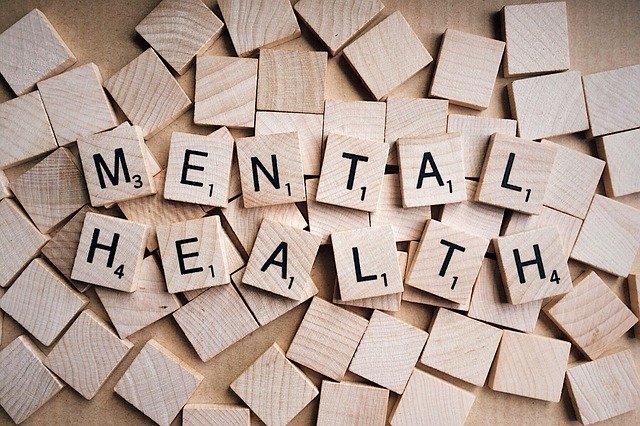As I stated in my last post, a major reason why African immigrants don’t seek counseling is because they believe they can’t afford it. Before you nod in agreement, keep reading and you’ll see that there are a lot more inexpensive resources available to you. (Here are some answers to other questions people have about psychotherapy)
1. If you are a student (undergraduate or graduate) at a university in the U.S., there is most likely a counseling and psychological services department at your school. And guess what? Generally, the services are FREE because you are already paying for it through all your tuition and fees. If they are not free, the price is very reasonable, highly discounted. Some universities may have a limited number of sessions you can attend before they refer you to outside resources, while other universities have no session limits. Hence, you can see their counselors as long as you are a student.
University counselors are bound by the same terms of confidentiality. They cannot tell your professors, school administration, or parents/relatives about you being in therapy EXCEPT they get your permission to do so. Whew! What a relief to the students reading this. And I’m sorry to break it to you parents. But think about it this way, your kids have resources for their wellbeing while in school. That has to be a relief for you too. (If you are a parent in university, these services are available to you as well.)
2. Some employers offer psychological services through their benefits package. Check yours! It may show as part of an Employee Assistance Program (EAP) in the company. If you have psychological benefits through work, those are free, so why not use it? Remember these services are confidential, so your counselor will not talk with your boss or the administration about your issues. At most, employees might ask the counselor about your attendance but the counselor can’t tell them about your problems.
3. Try your health insurance. Many health insurance companies cover mental health and substance-use related services. With more recognition of mental health being equally important as physical health, the mental health parity law was passed in 2008. This law requires comparable coverage for mental health services to physical health services. Thus, your co-pays for your mental health will be similar to that for your physical health services. In other words, your health insurance will cover most if not all of your services (depends on your plan). You’ll just need to find a therapist that works within your coverage. Many people use their health insurance!
4. Look into discounted therapy in your area. When I was going through graduate training, I worked at my school’s community center where people paid as low as $20 per session. If you live close to any university, there may be students in training where you can receive discounted therapy. Additionally, other organizations and churches may offer discounted services as well. Look around!
5. Some therapists offer therapy on a sliding scale; thus, you pay as much as you can afford starting at their given limit. Check my resources page for some links to websites that can link you to therapists that provide discounted therapy.
6. Some hospitals have a behavioral health consultant which is another term for a psychologist on staff. Mental and emotional issues sometimes manifest in physical symptoms that require a visit to the hospital. Some hospitals recognize the benefit of having a psychologist on staff to attend to such issues. Thus, during your visit, they may call in a behavioral health consultant to meet with you. Take advantage of this and schedule follow up appointments. If you are not sure if there is a behavioral health consultant on staff, when you go to your local hospital ask if they have one or if they can refer you to a hospital that does.
7. Look into joining a support group or workshop in your area. Again, through organizations or churches in your community, you might be able to find a support group offered for a period of time that could be as beneficial if not more than individual therapy. Note that when people have severe mental issues affecting their functioning, additional help may be necessary.
So, what are you waiting for? Go get some help! You invest so much in other areas of your life, why not invest in your mental and emotional health? Remember that if YOU are not doing well, you won’t be truly able to do any of your other great plans. Take care of yourself!




One Response